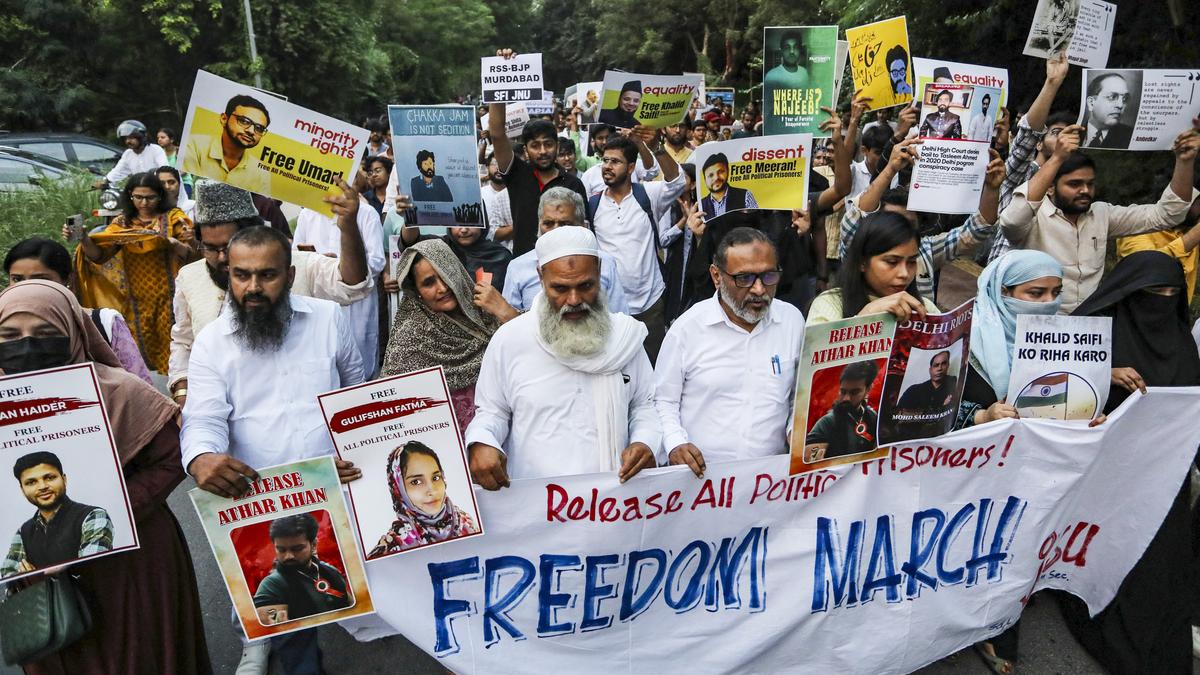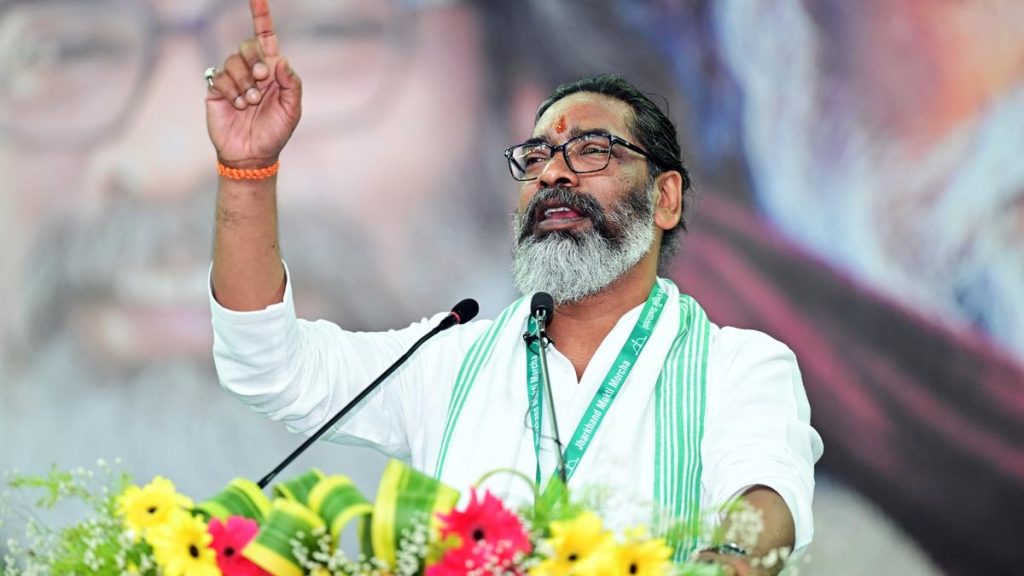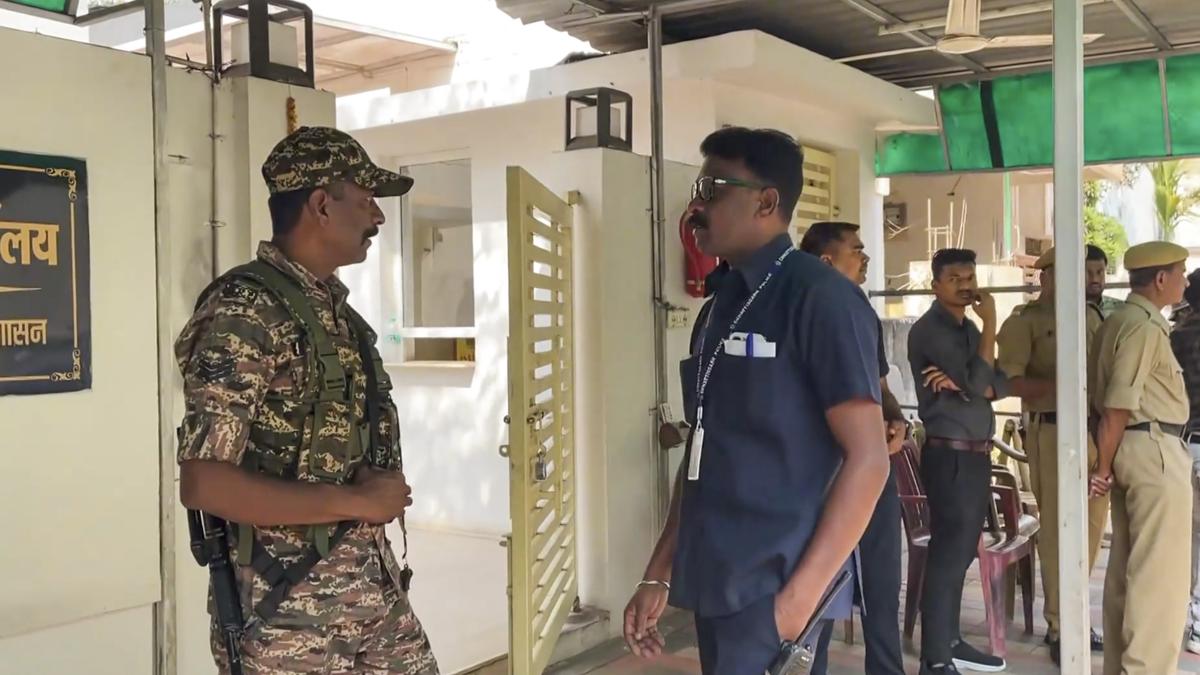Now Reading: Delhi Riots Case: SC to Hear Bail Pleas of Sharjeel Imam, Umar Khalid Today
-
01
Delhi Riots Case: SC to Hear Bail Pleas of Sharjeel Imam, Umar Khalid Today
Delhi Riots Case: SC to Hear Bail Pleas of Sharjeel Imam, Umar Khalid Today

Fast Summary
- Event: The supreme court of India is set to here bail pleas on September 19, 2025, from student activists Sharjeel Imam, Umar Khalid, and others involved in the 2020 Delhi riots conspiracy case.
- Legal Background: In a previous High Court verdict (September 2), bail pleas for nine accused individuals were denied based on their alleged “prima facie grave” roles in what was described as a “premeditated conspiracy.”
- Accused Details: Activists Gulfisha Fatima, Meeran Haider, and Shifa-ur-Rehman are also seeking relief alongside Sharjeel Imam and umar Khalid.
- undertrial Duration: The accused have been in custody since 2020 under the Unlawful Activities (Prevention) Act (UAPA). Similar cases saw co-accused like Natasha Narwal and Ishrat Jahan securing bail earlier.
- Delayed Hearing: Lawyers have pointed out trial delays as key grounds for requesting bail. On September 12,the Supreme Court adjourned the case due to insufficient planning time by judges.
- Family & Public Reactions:
– Umar Khalid’s father stated that his son’s spirit remains unbroken despite five years of incarceration. He called for repealing “black laws” like UAPA.
– Activists held meetings demanding fair trials for those detained under UAPA.
Read more at The Hindu.
Indian Opinion Analysis
The ongoing hearings before the Supreme Court regarding high-profile accused such as Sharjeel Imam and Umar Khalid mark an crucial legal moment involving prolonged UAPA detentions tied to contentious political issues. Several aspects demand attention:
- Judicial Delays & Bail Rights: India’s legal framework emphasizes that prolonged trials should not undermine individual rights of liberty-especially for undertrials who haven’t been convicted yet. As past co-defendants secured bail in similar circumstances, principles of judicial parity may weigh significantly in this decision.
- Defining ‘Conspiracy’ vs Dissent: Characterizing events like protests or riots remains a sensitive issue balancing national security with civil liberties. Prosecution arguments labeling events as “well-orchestrated conspiracies,” if upheld without conclusive evidence during extended detentions, might set debatable precedents over interpretation of intent.
- Wider Societal Implications on Governance & Trust: Families’ emotional appeals coupled with public mobilizations underline larger national debates around laws like UAPA amidst concerns from human rights advocates about misuse or lack of accountability through timely trials.
As these hearings progress within India’s apex judiciary while respecting law adherence procedures shaping democratic evolution; outcomes certainly merit thoughtful oversight across lines equitably transcending controversies long perspectives overlapping future Legal safeguards tightening procedural abuses owed judiciary credibility institutional reforms wholesome remedial trust ensures legality preservation social good trajectory .























